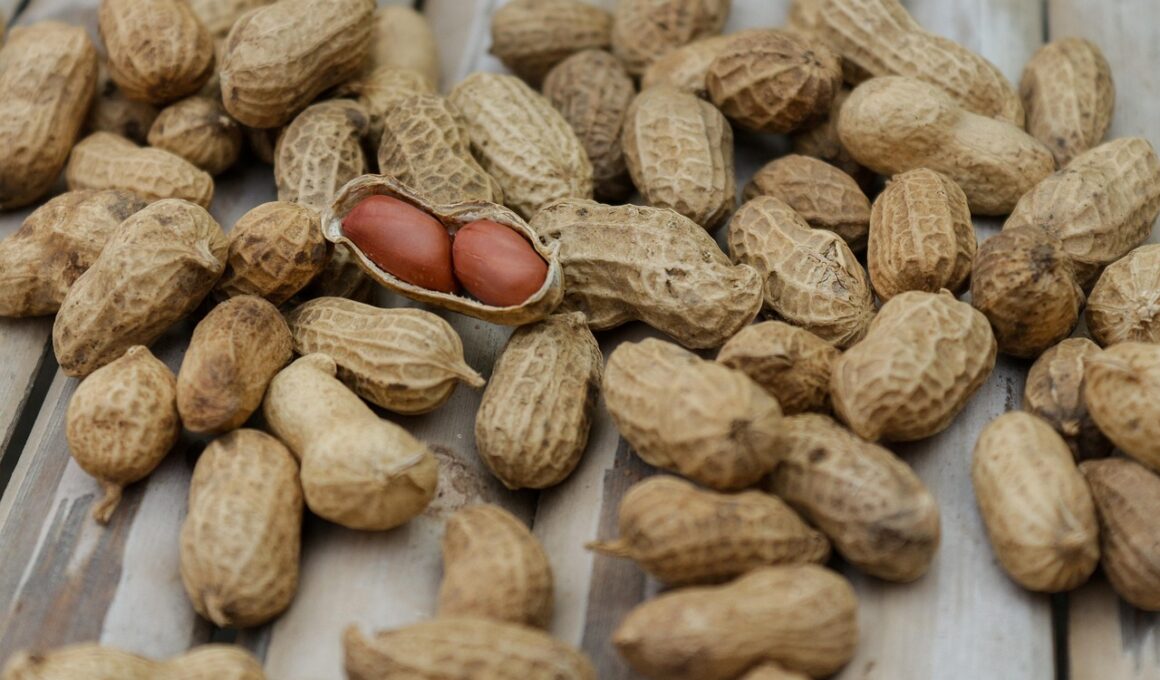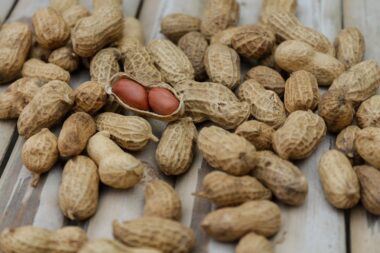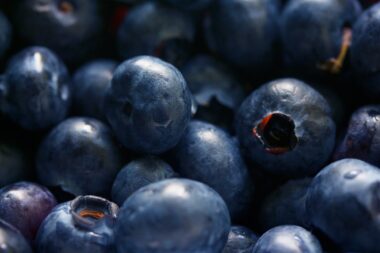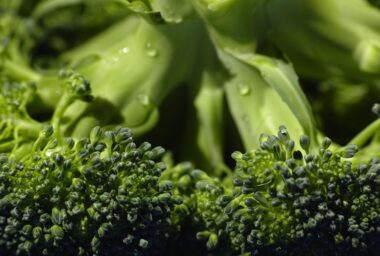The Role of Antioxidants in Enhancing Athletic Performance
Antioxidants play a crucial role in sports nutrition by safeguarding athletes’ health against oxidative stress, which is prevalent during intense exercise. When athletes engage in rigorous activities, their bodies produce free radicals, causing cellular damage and fatigue. Antioxidants, including vitamins C and E, as well as phytochemicals like flavonoids, combat this oxidative damage, fostering improved recovery and performance. Regular intake of antioxidant-rich foods, such as berries, nuts, and green leafy vegetables, supports the immune system, enhancing overall athletic performance. For athletes, inadequate antioxidant levels may lead to prolonged recovery times and increased injury risks. Supplementing with powerful antioxidants can aid in reducing muscle soreness and inflammation, ultimately resulting in a more productive training session. Notably, some studies suggest that antioxidant supplementation might also enhance endurance by improving oxygen utilization during physical activity. To maximize the benefits of antioxidants, athletes should incorporate a wide variety of colorful fruits and vegetables into their diets. This enables them to acquire a broad spectrum of antioxidants, fortifying their bodies while promoting longevity in their athletic careers. Embracing antioxidants as a part of a well-rounded nutrition strategy can lead to significant performance benefits.
The consumption of antioxidant-rich foods is essential for athletes, as these nutrients can significantly aid in minimizing muscle damage following strenuous workouts. Intense physical activity often results in muscle tissue injury, leading to inflammation and delayed onset muscle soreness (DOMS). By incorporating sources of antioxidants into their diets, athletes can reduce the severity of these injuries and accelerate recovery times. Foods like cherries, grapes, and dark chocolate contain high levels of specific antioxidants that alleviate post-exercise inflammation. Research indicates that athletes who consume these foods may enhance their recovery and performance. Furthermore, antioxidants have been shown to play a crucial role in maintaining optimal health and preventing chronic diseases. Regular consumption helps combat oxidative stress, which can lead to fatigue and decreased performance over time. Sports drinks fortified with antioxidants offer convenient ways to ensure sufficient intake during training sessions. However, it is essential to balance supplemental antioxidants with whole food sources to ensure diverse nutrient consumption. A well-rounded diet rich in antioxidants supports overall health while enabling athletes to train harder and achieve better results in their chosen sports.
Sources of Antioxidants for Athletes
Several sources of antioxidants are available, and athletes can benefit from a strategic incorporation of these nutrient-rich foods into their daily diets. Fruits such as blueberries and strawberries are famous for their high antioxidant content, particularly anthocyanins, which help reduce oxidative stress. Nuts, especially walnuts and pecans, provide healthy fats and vitamin E, which is another powerful antioxidant that supports cellular health. Dark green vegetables like spinach and kale are also rich in vitamins A, C, and various phytochemicals, essential for combating free radicals. Lastly, herbs and spices such as turmeric and cinnamon have been shown to possess significant antioxidant properties. Athletes should aim to fill half their plates with colorful fruits and vegetables and include a variety of nuts and seeds in their daily snacks. The cumulative effect of these antioxidant sources can bolster performance and recovery, thereby ensuring athletes maintain a competitive edge in their respective sports. A diverse diet ensures athletes do more than just meet their nutritional needs, as it also contributes indirectly to their overall well-being and physical prowess.
Antioxidants and Endurance Sports
Endurance athletes, in particular, face unique challenges regarding oxidative stress due to prolonged physical exertion. The demand for oxygen increases significantly during endurance events, leading to the production of more free radicals. This can result in exhaustion and muscle fatigue, which directly impacts performance. Many endurance athletes utilize antioxidant-rich foods and supplements to combat these adverse effects. Research has indicated that antioxidants can enhance endurance performance by improving the efficiency of energy production in muscles during long-duration activities. They help maintain cellular integrity, delaying the onset of fatigue and enabling athletes to sustain peak performances for extended periods. Athletic-focused studies have demonstrated that a well-balanced diet rich in antioxidants contributes positively to cardiovascular health and muscular adaptation. Vitamins C and E, among others, may enhance endurance capacity by minimizing oxidative damage, thus preserving mitochondrial functions. For athletes participating in events like marathons or triathlons, managing oxidative stress could be the difference between finishing strong and succumbing to fatigue. Therefore, including antioxidant sources throughout training and competition can pave the way for sustained success in endurance sports.
Athletes must pay attention to when and how they consume antioxidants in relation to their training and performance schedules. Timing can significantly influence the effectiveness of antioxidants. Recent studies have shown that consuming antioxidants shortly after exercise can help reduce oxidative stress and inflammation. This timing aids in recovery, hence preparing the body for subsequent training sessions or competitions. However, there is a debate regarding the intake of antioxidants before exercise, as they may dampen the body’s adaptive responses to training. While supplementation is beneficial, relying solely on it may overlook the advantages of whole food sources. Ideally, athletes should enhance their diets with balanced meals containing antioxidants leading up to events and within a few hours after exercising. Sports nutritionists continually advocate for whole foods over isolated supplements, emphasizing the holistic benefits of nutrient-rich diets. This approach not merely supports health but also has the potential to elevate athletic performance. Furthermore, creating a personalized nutrition plan that factors in individual requirements and preferences will ensure athletes maximize antioxidant benefits, contributing positively to sustained athletic progression.
Potential Risks of Antioxidant Supplementation
While the benefits of antioxidants in sports nutrition are widely recognized, it’s crucial to consider potential risks associated with excessive supplementation. Some athletes, in their quest for improved performance, may turn to high doses of antioxidant supplements, believing they will provide additional benefits. However, research suggests that taking large amounts of these supplements may interfere with the body’s natural oxidative adaptations and impair performance. Free radicals generated during intense exercise play a role in muscle adaptation and growth; therefore, blocking them completely could hinder progress. Moreover, not all antioxidants function the same way. Consuming unregulated supplements could lead to unwanted side effects such as gastrointestinal distress or allergic reactions. Comprehensive evidence suggests that, particularly for those engaged in regular training, incorporating antioxidants through whole food sources is a much safer option than heavy supplementation. Athletes should seek professional guidance when considering antioxidant supplementation, focusing on a balanced diet rich in variety. Maintaining an informed perspective about nutritional strategies ensures optimal performance while avoiding potential negative implications from over-supplementation.
In conclusion, antioxidants play a vital role in enhancing athletic performance by combating oxidative stress and facilitating faster recovery. Athletes who integrate diverse sources of antioxidants into their diets can experience significant benefits, including improved immune function and reduced muscle soreness. Adequate antioxidant intake helps protect against injury consequences while boosting overall physical health. As the relationship between nutrition and performance continues to evolve, athletes must remain informed about their dietary choices to optimize results. Key strategies include timing consumption and emphasizing whole foods over isolated supplements. Relying on a diverse diet rich in fruits, vegetables, whole grains, and healthy fats supports both performance and well-being, enhancing athletic capabilities. Engaging with nutrition professionals can lead to personalized dietary approaches that maximize the advantages of antioxidants tailored to individual needs. As an athlete, recognizing the multifaceted benefits of antioxidants can pave the way for achieving maximum performance and longevity in sports. Future studies may reveal even more about the intricate links between antioxidants and athletic capabilities, ensuring that nutritional strategies continue to evolve along with the understanding of sports science.





